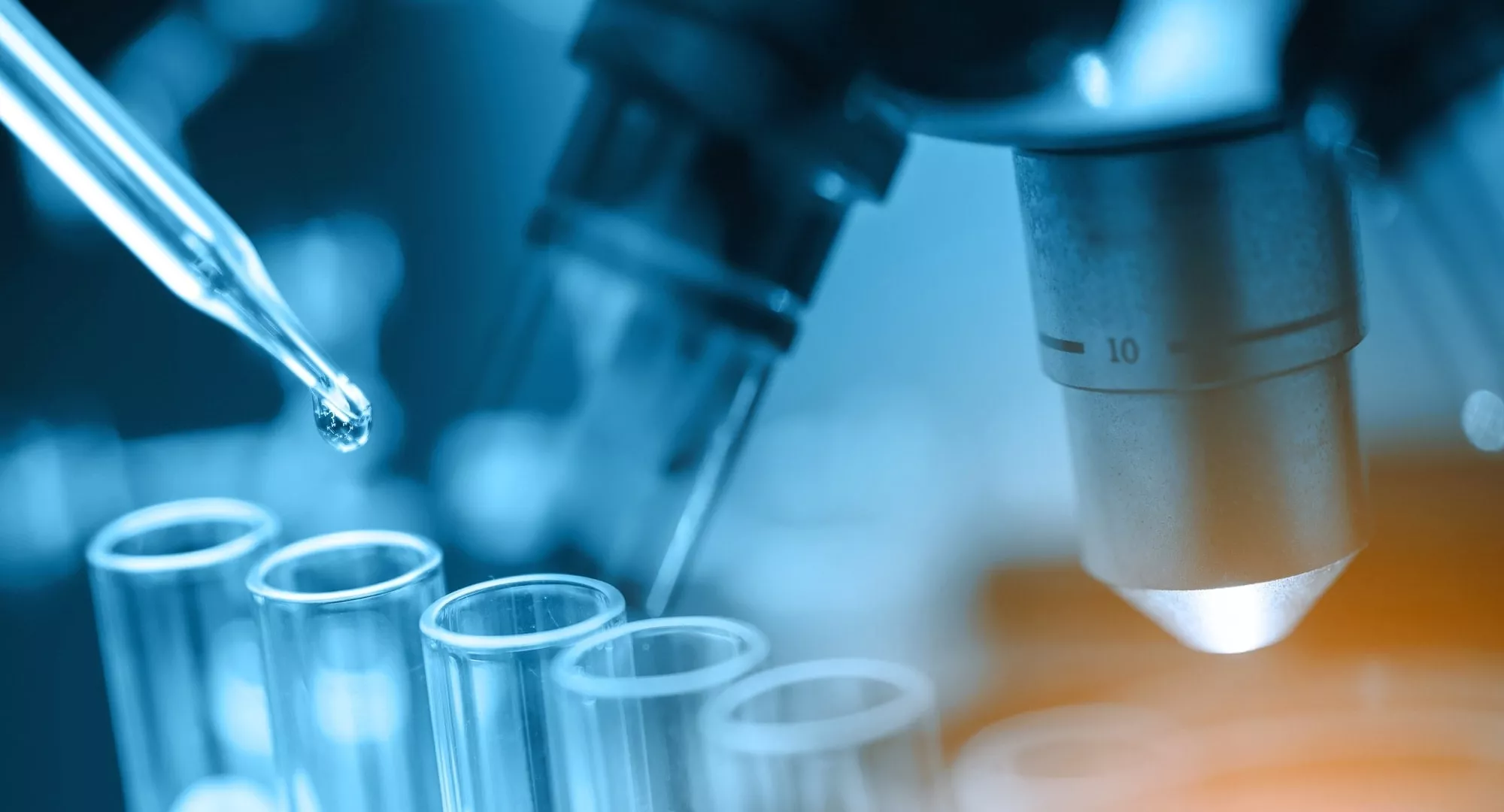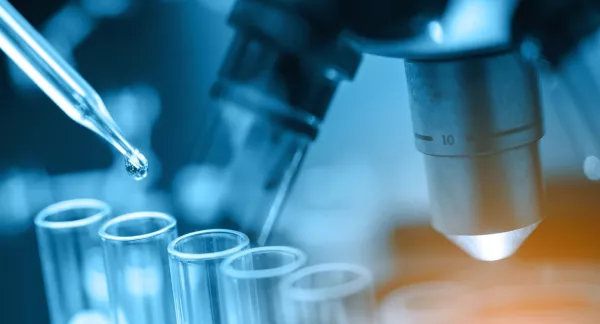
Inactivation of Biofilm-bound Opportunistic Pathogens in Premise Plumbing Using UVC LEDs
Abstract
Opportunistic pathogens (OPs) have been detected in biofilms in building plumbing, presenting potential risks to drinking water quality and safety. Light emitting diodes (LEDs) emitting germicidal UV radiation are an emerging UV technology, and previous studies show that they could be an ideal solution for long-term management or water distribution systems and building plumbing pathogens. Advantages of UV LEDs include small footprint, lifetime, selectable emission wavelength, high power density, instantaneous powering on, and no direct DBP production.
The goal of this research is to investigate the potential role for UV technology in minimizing the formation of adverse biofilms and controlling opportunistic pathogens in water distribution pipe networks.

